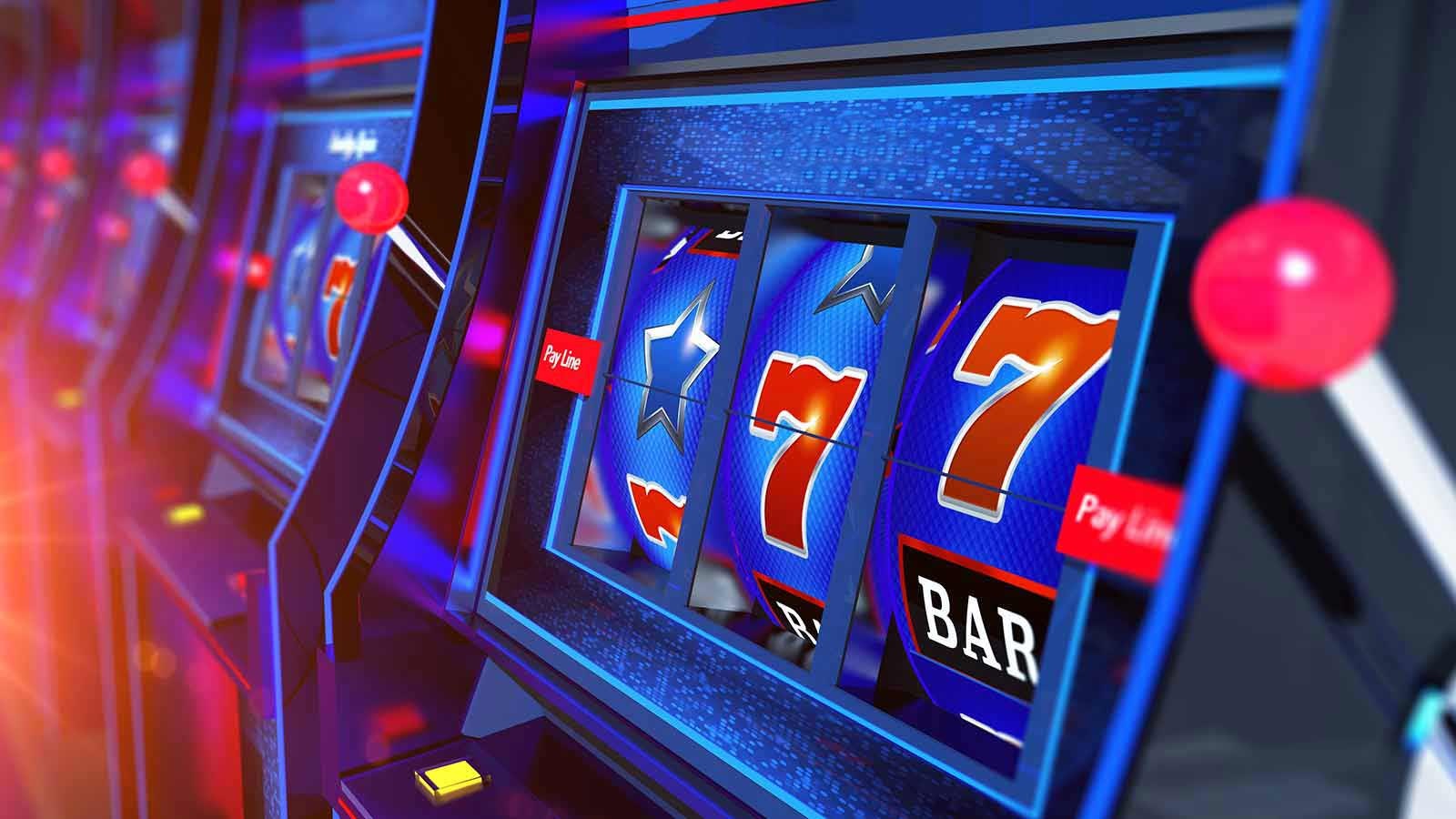Slot games have existed since the late 19th Century and have since evolved into one of the most played and profitable games in the gambling industry. Slot games are games of luck, with outcomes determined by a random number generator (RNG).
Have you ever wondered how payouts are determined in slot games at paybymobilecasino? In this essay, we will explore how slot game payouts are determined.
Random Number Generator
The heart of any slot game is the RNG. It is a computer program that generates random numbers, which are then used to determine the outcome of each spin. RNGs have been developed to produce random results, and the algorithms used to create the numbers are regularly tested to ensure fairness.
The RNG generates a unique number for each spin, corresponding to a particular combination of symbols on the slot machine’s reels. The odds of hitting a specific variety of characters are determined by the number of possible combinations and the number of symbols on each spin.
Pay Tables and Payout Percentages
The pay table is an essential component of any slot game. It outlines the payouts for each winning combination of symbols and also provides information on any bonus features or special characters that may be present in the game. Pay tables are often displayed on the slot machine’s screen or a separate display next to the machine.
The payout percentage, also known as the return-to-player (RTP) percentage, is the percentage of total bets returned to players over the long term. For example, if a slot machine has an RTP of 96%, it means that over time, for every $100 bet, $96 will be returned to players as winnings. The remaining $4 is the house edge, which is the casino’s profit on the game.
Payout percentages are determined by the game’s design and the payout table. The more favorable the payouts on the pay table, the higher the game’s RTP will be. However, it’s important to note that payout percentages are calculated over the long term, and individual players may experience higher or lower payouts in a short time.
Volatility
Another critical factor that determines payouts in slot games is volatility. Volatility, or variance, is the degree of risk associated with a slot game. High-volatility games have a higher risk/reward ratio, with fewer but larger payouts. Low volatility games, on the other hand, have a lower risk/reward ratio, with more frequent but smaller payouts.
Players can choose to play high or low-volatility games depending on their risk tolerance and playing style. High-volatility games can be more exciting and offer the potential for bigger payouts, but they also come with a higher risk of losing money.
Low-volatility games, on the other hand, are less risky and offer more frequent payouts but with smaller payouts.
Max Bet
The max bet is the maximum amount of money a player can bet on a single spin. The max bet is usually required to qualify for the highest payout or jackpot. If a slot machine has a progressive jackpot, the way to win is to bet the max.
A combination of different factors determines slot game payouts. The RNG generates random numbers that determine the outcome of each spin, while the pay table outlines the payouts for each winning combination of symbols. Payout percentages are determined by the game’s design and the pay table, while volatility and max bet also play a role in deciding payouts.

